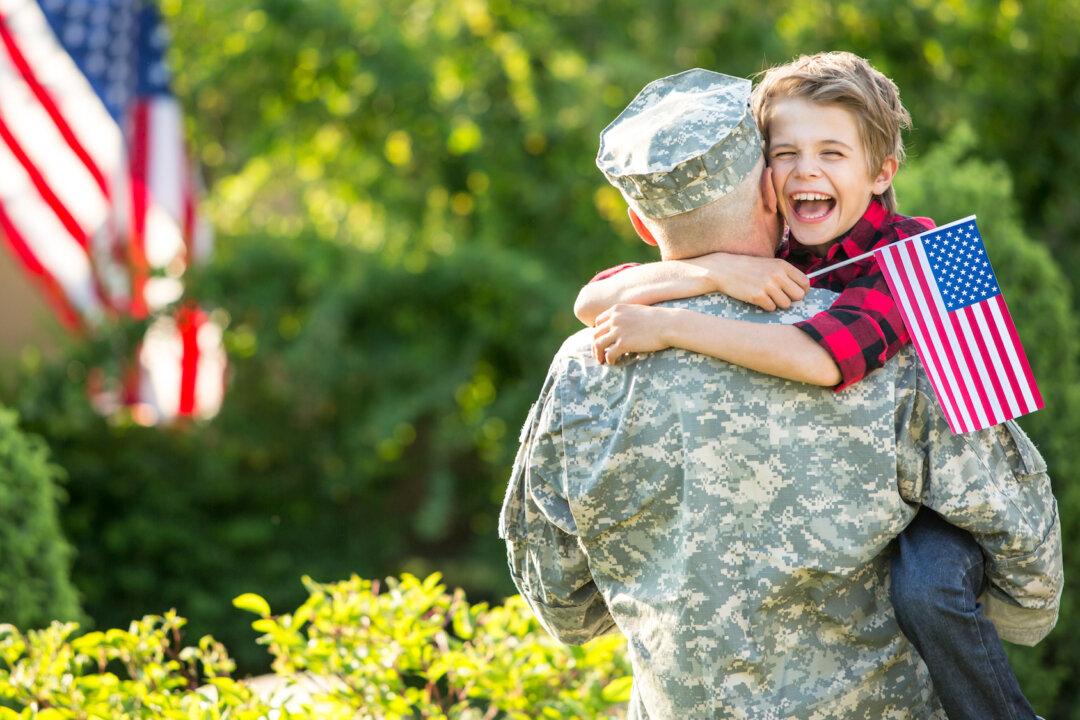Aesop long ago told the story of the wolf and the dog.
The wolf is starving, thin as a rail, when he meets a well-fed, strong dog. When the dog learns the wolf is barely surviving, he invites him to come and live with him on the farm. “You’ll get plenty of food and treats of all kinds,” the dog says. “And all you have to do is bark at strangers and make a fuss over the farm’s owners and children. It’s an easy life.”






